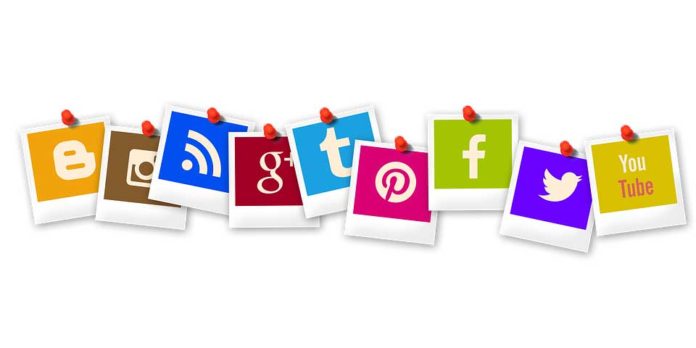Increase in the frequency of social media use could contribute to increased depressive symptoms, suggests a new study. Certain social media factors were linked with major depressive disorder (MDD).
Scientists tracked 504 Millennials who actively used Facebook, Twitter, Instagram, and/or Snapchat. Univariate and multivariate analyses were conducted to identify specific social media behaviors associated with the presence of MDD.
Individuals who met the criteria for MDD scored higher on the Social Media Addiction scale, were more likely to compare themselves to others better off than they were, and indicated that they would be more bothered by being tagged in unflattering pictures.
Regarding social interactions, those with MDD were less likely to post pictures of themselves along with other people and reported fewer followers.
Co-author Dr. Krista Howard, of Texas State University, said, “While this study highlights social media behaviors that are associated with major depression, it is important to recognize that social media use can offer many positive benefits, including fostering social support.”
“The key is for individuals to develop an awareness of how they currently use social media and to determine what changes could be made in their social media use to reduce the behaviors associated with psychological distress. Some changes could include reducing the time spent on social media, unfollowing individuals or groups that cause distress or limiting online social comparisons.”
Participants following 300 + Twitter accounts were less likely to have MDD and those with higher scores on the Social Media Addiction scale were significantly more likely to meet the criteria for MDD.
The study is published in a Journal of Applied Biobehavioural Research.
